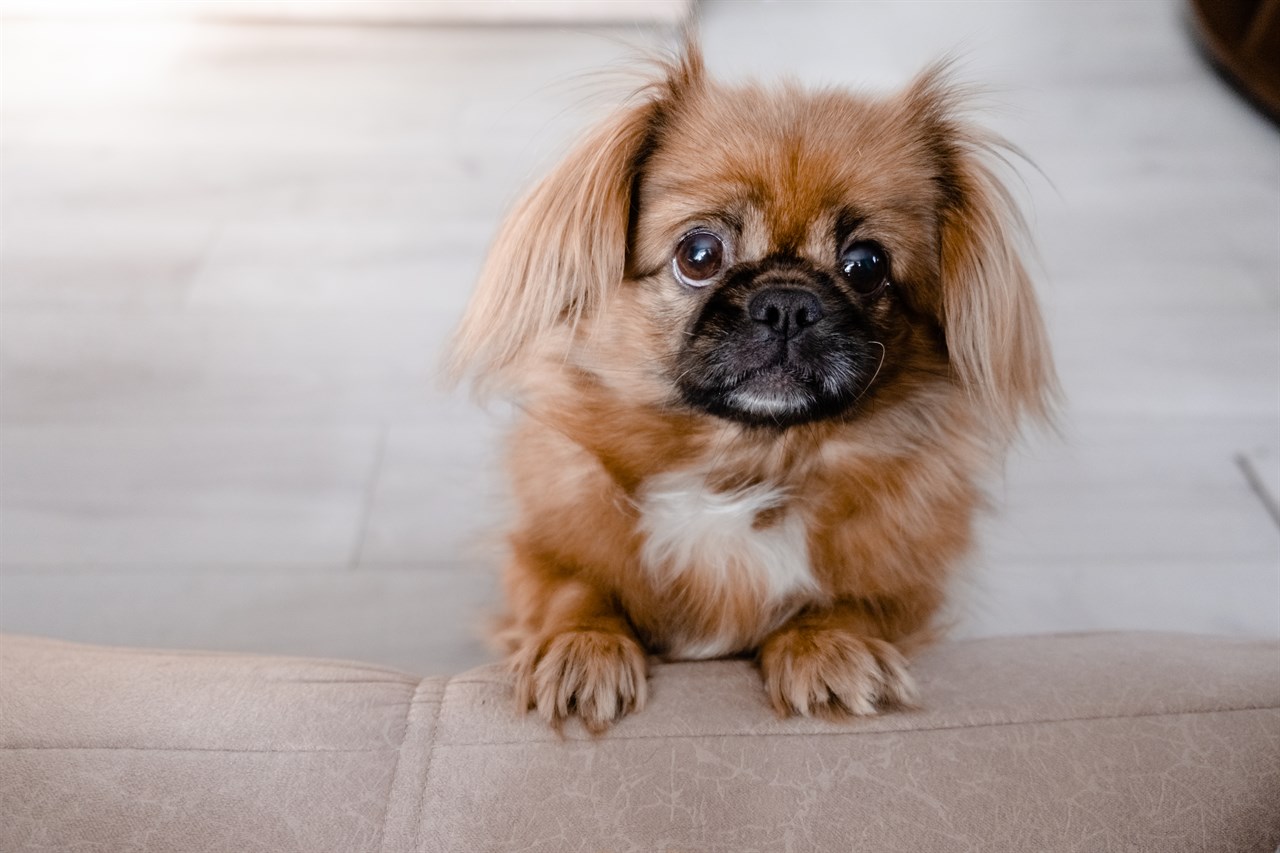Sleeping Requirements and Habits of the Pekingese

Sleep is essential for the health and well-being of all dogs, including the Pekingese breed. Understanding their sleeping requirements and habits can help ensure they get the rest they need for a happy and healthy life.
Sleeping Needs
Pekingese dogs, like most small breeds, require a significant amount of sleep, especially when they are puppies. Puppies can sleep up to 18 to 20 hours a day, while adult Pekingese typically sleep around 12 to 14 hours a day. As dogs age, they tend to sleep more.
It's crucial to provide your Pekingese with a comfortable and safe sleeping environment. They should have a cosy bed or cushioned area where they can rest undisturbed. Because of their long coats, it's a good idea to keep them in a cool and well-ventilated space to prevent overheating.
Sleeping Habits
Pekingese dogs are known for their independent nature, and this extends to their sleeping habits. They often choose their sleeping spots based on their comfort and preferences. Some common sleeping habits of Pekingese include:
- Curling Up: Pekingese often enjoy curling up into a small ball when they sleep. This may be due to their historical role as lapdogs and their desire to conserve body heat.
- Seeking Warmth: Pekingese may seek warm and cosy spots to sleep, such as sunny windowsills or heated blankets. They are sensitive to temperature changes and prefer staying warm.
- Napping: Pekingese are known for taking frequent naps throughout the day. Their shorter snouts can make it a bit more challenging for them to breathe when they sleep, so they may wake up and change positions during naps.
- Alone Time: Pekingese are independent sleepers and may prefer to have their own sleeping space rather than sharing a bed with their owners. However, they may enjoy cuddling and sleeping next to their favourite humans.
- Nighttime Routine: Establishing a consistent nighttime routine can help your Pekingese understand when it's time to sleep. This routine may include a final bathroom break and some quiet, calming activities before bedtime.
Sleeping Changes with Age
As Pekingese dogs age, their sleeping habits may change. Older dogs tend to sleep more and may experience deeper sleep. They may also be less active during the day, requiring longer rest periods.
Keep an eye on your Pekingese's sleeping patterns, especially if you notice any significant changes. Changes in sleep behaviour, such as restlessness, difficulty settling, or excessive sleepiness, could be signs of underlying health issues, and it's essential to consult with a veterinarian if you have concerns.
In conclusion, Pekingese dogs have their unique sleeping requirements and habits. Providing them with a comfortable and safe sleeping environment, understanding their preferences, and monitoring their sleep patterns can help ensure they get the rest they need to remain healthy and content.
Pekingese puppies for sale
- Find Pekingese puppies for sale in ACT
- Find Pekingese puppies for sale in NSW
- Find Pekingese puppies for sale in NT
- Find Pekingese puppies for sale in QLD
- Find Pekingese puppies for sale in SA
- Find Pekingese puppies for sale in TAS
- Find Pekingese puppies for sale in VIC
- Find Pekingese puppies for sale in WA